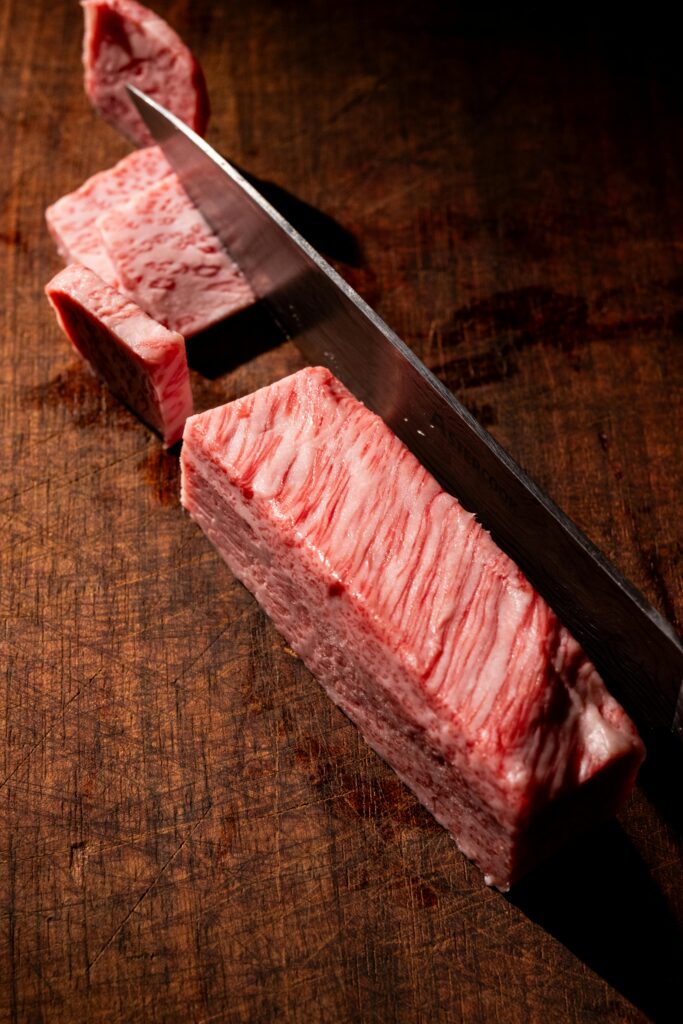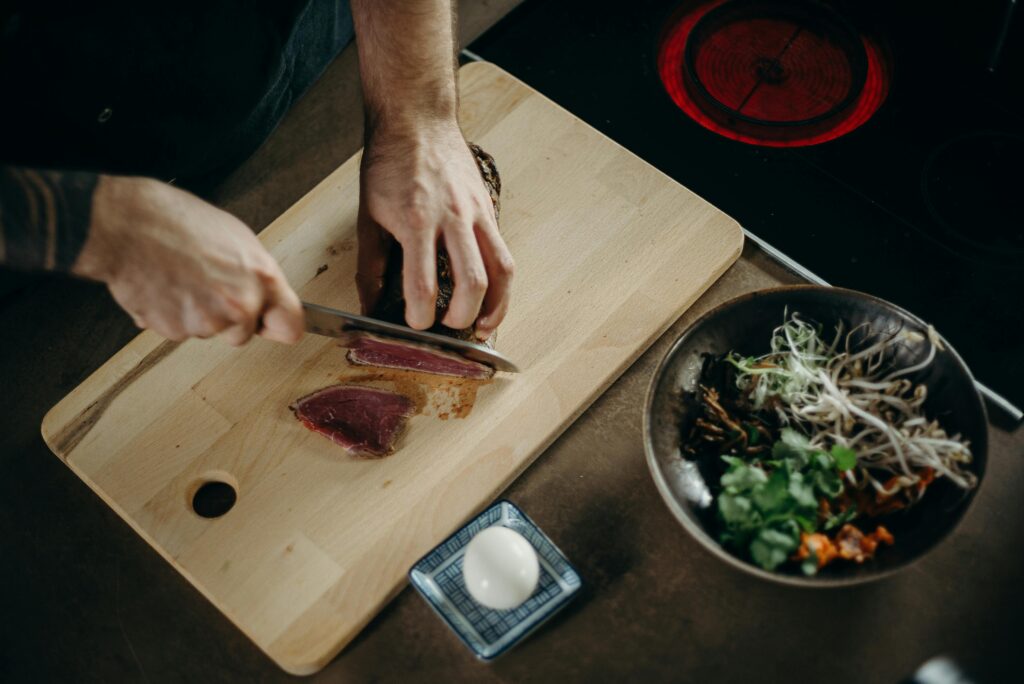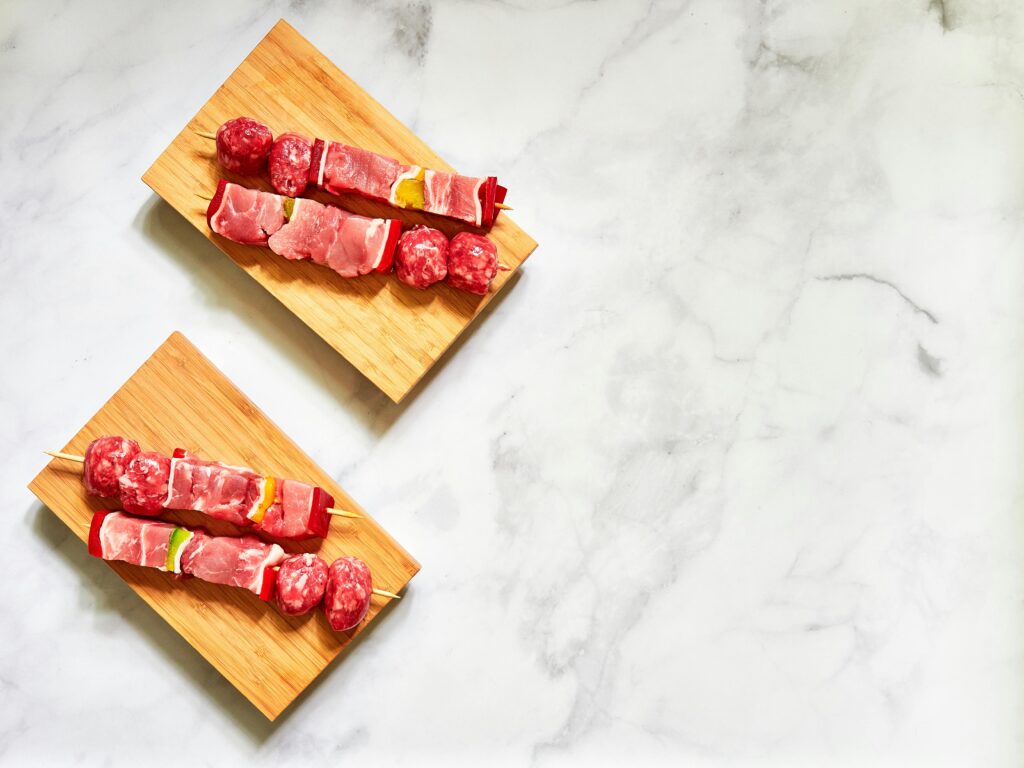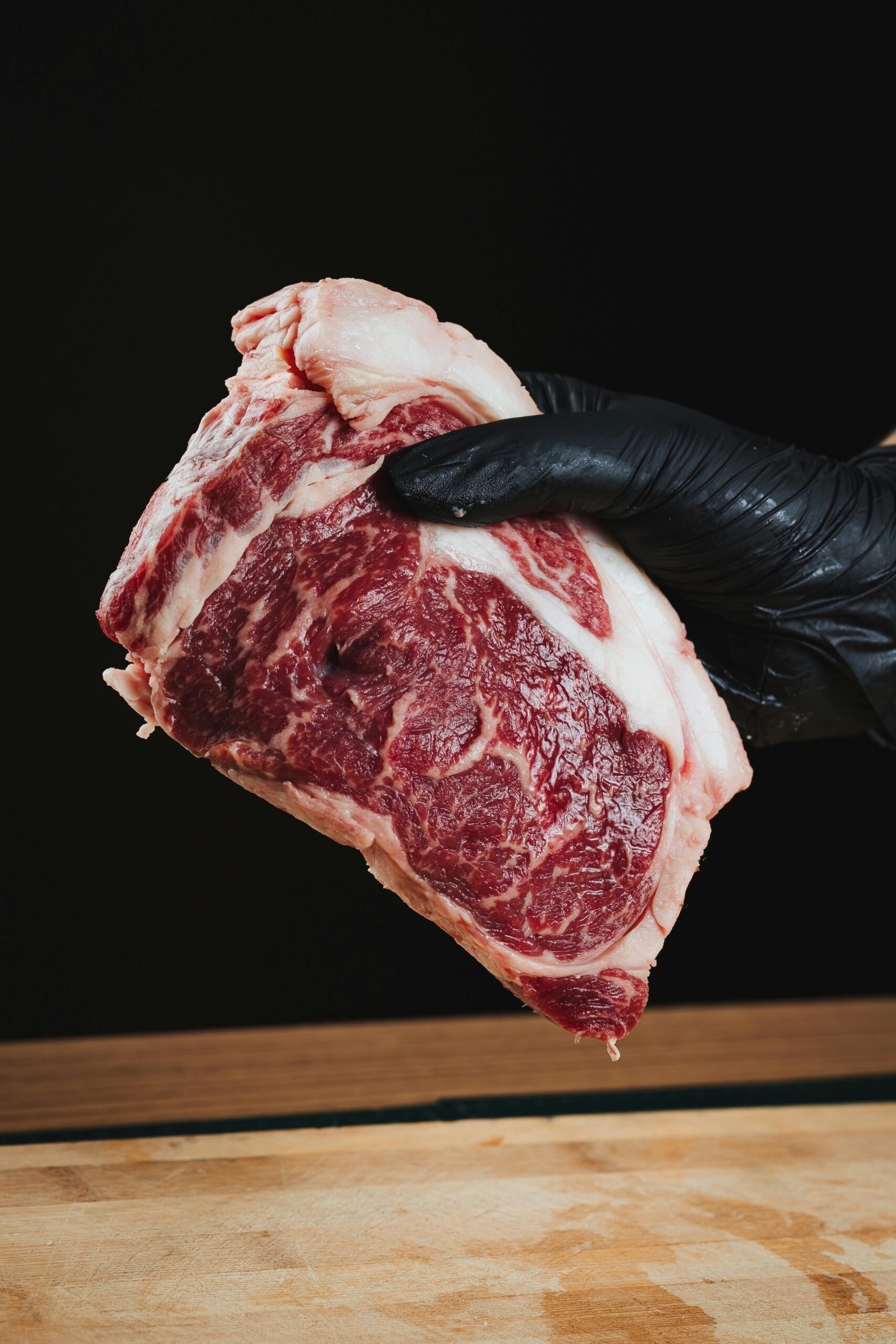In today’s global meat trade, one-size-fits-all solutions no longer meet the needs of a diverse customer base. Retailers, food processors, and foodservice operators across different countries have varying expectations when it comes to meat cuts, portion sizes, fat content, and presentation. For instance, what works for a Western European supermarket may be entirely different from the preferences of an Asian restaurant chain or a Middle Eastern distributor. This is where Polish meat exporters stand out — by offering customizable meat cuts that align with client specifications, regional trends, and cultural culinary standards.
Custom cutting isn’t just about slicing meat differently; it’s about precision, consistency, and meeting operational needs. Exporters in Poland work closely with buyers to develop tailored solutions, whether it’s bone-in or boneless cuts, specific fat trimming, skin-on or skinless poultry, or muscle-only selections for further processing. Each product can be calibrated to meet cooking or shelf-life requirements, whether it’s for fresh display, frozen storage, or vacuum-sealed shipment. This flexibility is especially valuable for clients who need uniformity in portion size — critical for restaurant chains, meal kit companies, or manufacturers of ready-to-eat products. When sourcing from a trusted meat exporter from Poland, clients gain the benefit of expertise, consistency, and adaptation without compromising on quality.
The Importance of Tailored Packaging in the Global Meat Trade
Packaging plays a crucial role in international meat exports — not only for preserving freshness and hygiene but also for branding, transport efficiency, and shelf appeal. Export clients today expect more than just meat in a box; they require packaging that fits their logistics model, storage infrastructure, and marketing strategy. Polish meat exporters have recognized this shift and offer a variety of packaging formats, including vacuum-sealed packs, MAP (Modified Atmosphere Packaging), bulk packaging for industrial clients, and branded retail-ready trays.
What makes this packaging approach even more competitive is the ability to customize labeling and branding based on the client’s market. Need bilingual labels for different countries? Nutritional information formatted for EU or Asian guidelines? QR codes for product tracking or traceability? No problem. Advanced packaging lines in Poland allow for efficient integration of such features, ensuring that products are compliant and visually appealing when they hit shelves. Some exporters even provide private-label options, allowing retailers and wholesalers to maintain full control over brand image while benefiting from the quality of Polish meat. This packaging flexibility makes Polish exporters ideal partners for businesses looking to build a scalable, global meat supply chain that supports both logistics and consumer satisfaction.

Advantages of Working with Flexible, Mid-Sized Exporters
Large corporations often come with rigid structures, predefined product lines, and limited customization. In contrast, many Polish meat exporters are mid-sized companies that combine modern technology with agility and a client-centric approach. These exporters can respond faster to market trends, accommodate special requests, and test new product ideas without the bureaucracy often seen in multinational operations. Their scale allows them to offer competitive pricing while still maintaining a personalized service that truly understands the buyer’s needs.
Such exporters are also more likely to form long-term partnerships with importers, treating them not as numbers, but as strategic collaborators. Whether you’re launching a new meat product line in a foreign supermarket or supplying hotels with portion-controlled steaks, these companies are ready to work alongside you — refining specifications, testing packaging prototypes, and adjusting supply plans in real time. Their operations are often vertically integrated or closely linked to trusted producers and slaughterhouses, which allows for greater control over the entire process. For businesses seeking a reliable, adaptable partner, Poland’s flexible exporters offer a refreshing balance between industrial capability and human connection.

Quality Assurance Throughout the Customization Process
Custom cuts and specialized packaging are only valuable when paired with uncompromising quality standards. Polish meat exporters maintain strict oversight at every stage of the customization process — from raw material selection and cutting to packaging and final dispatch. State-of-the-art processing facilities follow international hygiene protocols, with regular audits and full traceability systems in place. These include HACCP-compliant workflows, temperature monitoring, and metal detection to ensure safety and consistency, especially when dealing with highly specific client requirements.
Additionally, most exporters offer detailed product specifications and batch testing for each order, particularly when products are intended for niche markets such as Halal, Kosher, or organic segments. Clients receive technical sheets, shelf-life data, and optional lab testing certificates with every shipment. This level of transparency is not only reassuring but also vital for companies operating in regulated markets. When customization meets rigorous control, the result is a product that doesn’t just meet expectations — it exceeds them. This is what positions Polish exporters as trusted partners for long-term cooperation in demanding international markets.

Building Competitive Advantage with Customized Supply Solutions
In a global economy where competition is fierce and consumer expectations are high, companies that offer flexibility and tailored products are better positioned to succeed. By partnering with a meat exporter that can adapt to specific needs, businesses gain more than just meat — they gain efficiency, market alignment, and product differentiation. Whether it’s responding to a sudden spike in demand, adapting to regulatory changes, or launching a new private-label brand, the ability to receive tailored solutions becomes a strategic advantage.
This is why so many importers, foodservice chains, and distributors are turning to Poland for their meat sourcing. The combination of technical capacity, product customization, and client focus allows exporters to act not just as suppliers but as co-developers of success. From flexible packaging sizes and eco-friendly options to premium cuts and localized branding, the Polish meat export industry is ready to support global growth. In choosing the right partner, you’re not just buying meat — you’re investing in a supply chain that understands your market and is willing to evolve with it.

